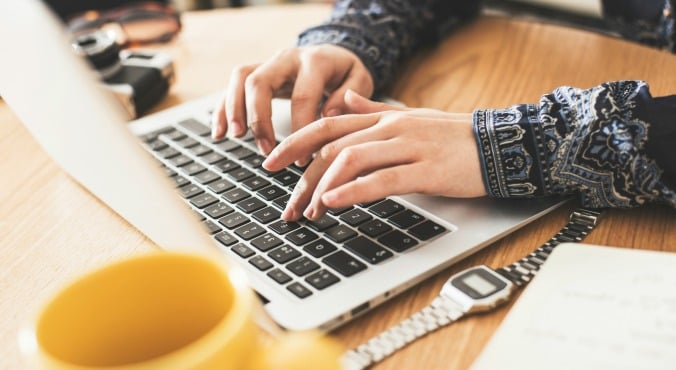
Image: iStock.
Forget the Fear of Missing Out, according to agency Sparks & Honey’s cultural trend predictions, this year we’ll all be getting FOLO.
That’s a Fear of Living Offline, for the uninitiated.
With our social media feeds constantly filled with art-directed lunch snaps and holidays lifted straight from the pages of a glossy magazine, life offline can seem a little, well, dull.
It’s this disillusionment that fuels FOLO, and can legitimately lead feelings of depression.
(Watch: Essena O’Neill explains why she quit social media. Post continues after video.)
Is it happening already?
While it may sound extreme, psychologists are already seeing the effects of more time spent online, and not just among young adults.
“We all care about being liked and accepted by others. Our brains have been programmed by evolution to fear social rejection and seek approval from others. Social media amplifies perceptions of social success and failure,” says Sydney psychologist Anthony Berrick.
“How many Facebook friends you have, how many ‘likes’ your selfies get on Instagram, comments made about you on Twitter – these things can all contribute to an individual’s sense of worth and hurt deeply when they go wrong.”
How do you know if you have it?
We often joke about “If it’s not on Facebook, did it really happen?” but that’s the attitude many people take.
